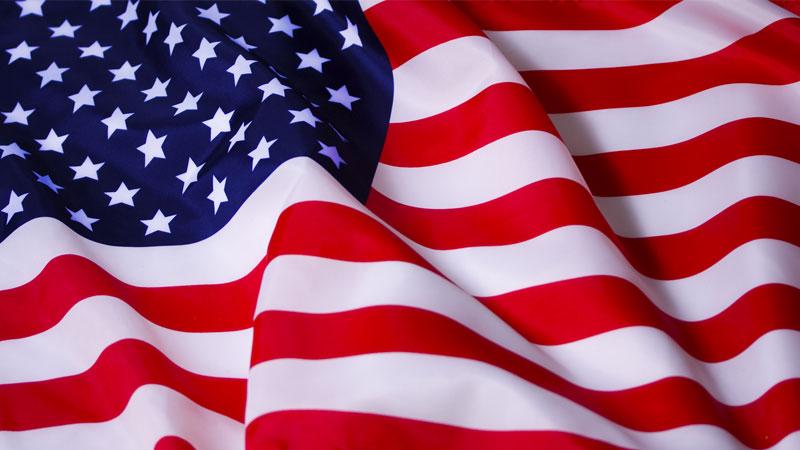Professor John Owens, Emeritus Professor of United States Government and Politics, has written an article for The Conversation about the uptick in Donald Trump’s approval ratings and what it means for the November election.

In mid-May, President Donald Trump’s approval ratings dropped after a brief increase, prompting widespread claims of a ‘rally round the flag’ effect in late March, where there is short-term popular support of a country’s government during periods of international crisis or war.
Professor Owens wrote: “The uptick in approval ratings in late March was neither unprecedented for Trump, nor was it large or long lasting: 49 per cent, up from 44 per cent in early March, and back down to 43 per cent in early May. Trump’s approval went up to 49 per cent in January and February when he was being tried in the Senate. However, since Trump’s inauguration his approval has consistently bumped along in the low 40 per cent range.”
He later added: “Trump’s uptick in approval came in the early stages of the coronavirus outbreak in the US. It was really very small in historical perspective – especially when compared with rallies round the flag during previous international and national crises. Just before 9/11, for example, George W Bush was on 51.5 per cent approval but then soared to 88.4 per cent after.”


